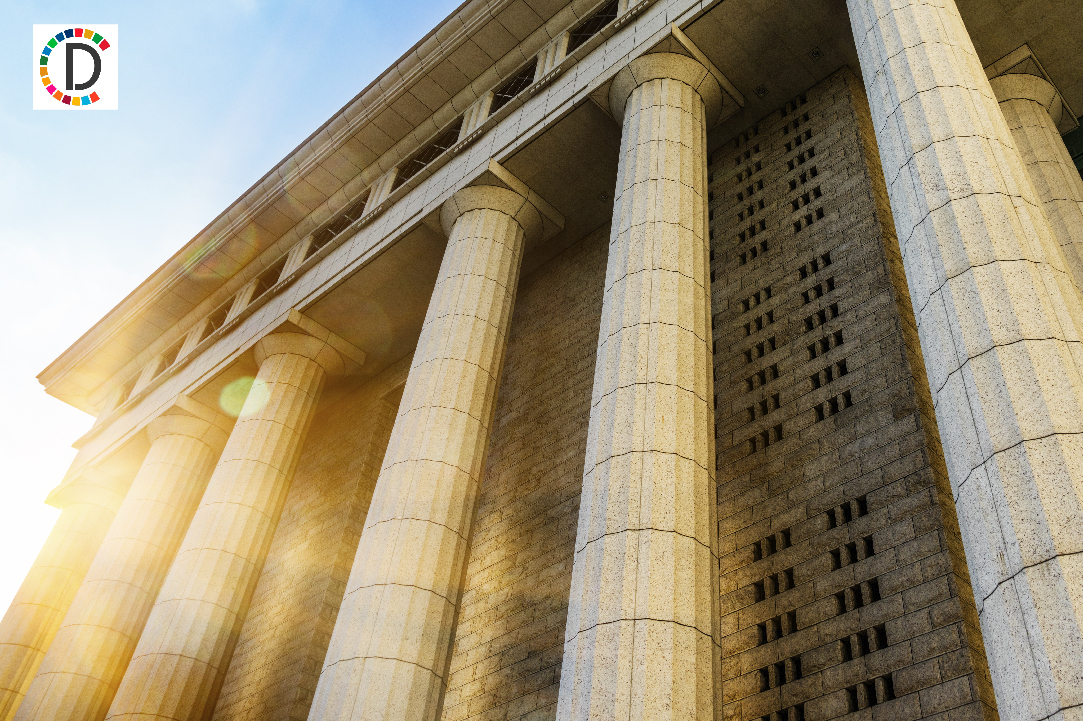Taiwan Tensions: China's Largest Military Drills to Date
The Chinese military concluded its largest and closest joint drills around Taiwan, marking a significant show of force in response to Taiwan President Lai Ching-te's rejection of Beijing's sovereignty claims. The exercises served as a severe warning to Taiwan separatists and external forces, involving coordinated land, naval, air, and missile operations.

- Country:
- China
The Chinese military has ended its two-day joint drills surrounding Taiwan, stated to be the biggest and closest exercises held around the prosperous self-ruled island that China claims to be part of its mainland.
The drills on Thursday and Friday were held in retaliation to Taiwan's new President Lai Ching-te's remarks rejecting Beijing's sovereignty claims over the island and tested the Chinese People's Liberation Army's (PLA) ability to seize power.
China views Taiwan as a rebel province that must be reunified with the mainland even by force.
While there was no official announcement that the drills ended, the Chinese social media WeChat account of the PLA's Eastern Theatre Command on Saturday said the exercises lasted two days from Thursday.
It said the exercises by land, navy, air force and missile forces were "punishment" for "Taiwan separatists" and a "severe warning" to outside forces intent on interference and provocation.
The drills, called Joint Sword-2024A, involved "advancing", "besieging", "blockading", "attacking", "destroying" and "cutting off", the Hong Kong-based South China Morning Post quoted the WeChat post.
Observers said the drills were the biggest and closest exercises ever held near Taiwan.
Lieutenant Colonel Zhang Chi, an associate professor at the National Defence University of the PLA, told state broadcaster CCTV that such drills could become a new norm for the mainland, the Post reported.
State news agency Xinhua quoted Meng Xiangqing, from the same university, as saying the vessels involved in the exercises were "unprecedentedly close to the coast of Taiwan".
"It was also the first time that the mainland's coastguard vessels had entered waters near the islands of Wuqiu and Dongyin off northern Taiwan," he said.
Li Xi, the spokesperson for the Eastern Theatre Command of the PLA, said on Friday that the combined forces of the army, navy, air force, and rocket forces continued joint drills surrounding Taiwan Island focussing on practising control and occupation of the area on the concluding day of the two-day drill.
Integrated operations inside and outside the island chain are being conducted to test the command's capabilities to jointly take control of the battlefield, and launch joint strikes to seize control of crucial areas, he said in a press release.
Taiwan's Defence Ministry said on Friday and Saturday, 62 PLA aircraft and 27 PLA Navy vessels were detected.
It said 47 aircraft crossed the median line of the Taiwan Strait and entered Taiwan's southwestern, southeastern and eastern ADIZ.
Taiwanese Armed Forces have monitored the situation and employed CAP aircraft, navy vessels, and coastal missile systems in response to the detected activities, it said.
Military analysts say the PLA, which has been carrying out aggressive military exercises since the visit of the then US House Speaker Nancy Pelosi in August 2022, practised a possible takeover of the estranged island through military action at lightning speed.
According to Taiwanese politicians, Beijing may launch its offensive against Taipei in 2027. The PLA Eastern Theatre Command, which launched the two-day exercise on Thursday, said, ''The drills also serve as a strong punishment for the separatist acts of 'Taiwan independence' forces and a stern warning against the interference and provocation by external forces.'' Lai, 64, also known as William Lai, succeeded his independence-leaning Democratic Progressive Party (DPP) colleague Tsai Ing-wen after winning the popular vote in the January presidential election this year. He was sworn in as the President at a ceremony held in Taipei on Monday.
In his no-holds-barred inaugural speech, Lai, regarded as a radical, called on China to stop threatening the island and promised to uphold the status quo in the Taiwan Strait. He said his government would adhere to the four commitments (of national sovereignty, democracy, and freedom) and maintain the status quo without being overbearing or servile.
(This story has not been edited by Devdiscourse staff and is auto-generated from a syndicated feed.)
ALSO READ
Central Railway Completes Ambitious Platform Expansion at Thane
Yuvraj Singh Urges India to Reclaim ICC Glory by Playing to Strengths
"You're on a roll": Gautam Adani lauds Praggnanandhaa for beating top-two ranked players at Norway Chess
"Very happy with our effort": Canada batter Navneet Dhaliwal after playing 61-run knock against US
Tata Steel's UK Decarbonisation Plan: Job Cuts and Transition Concerns










